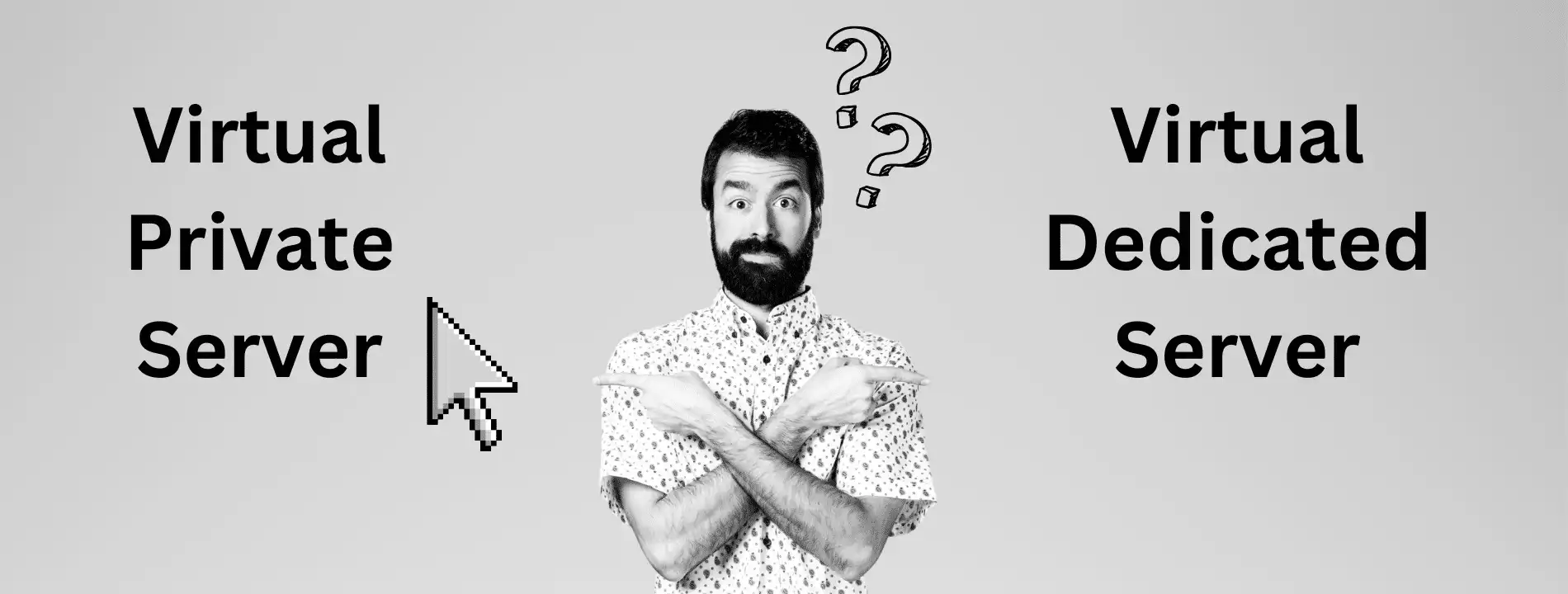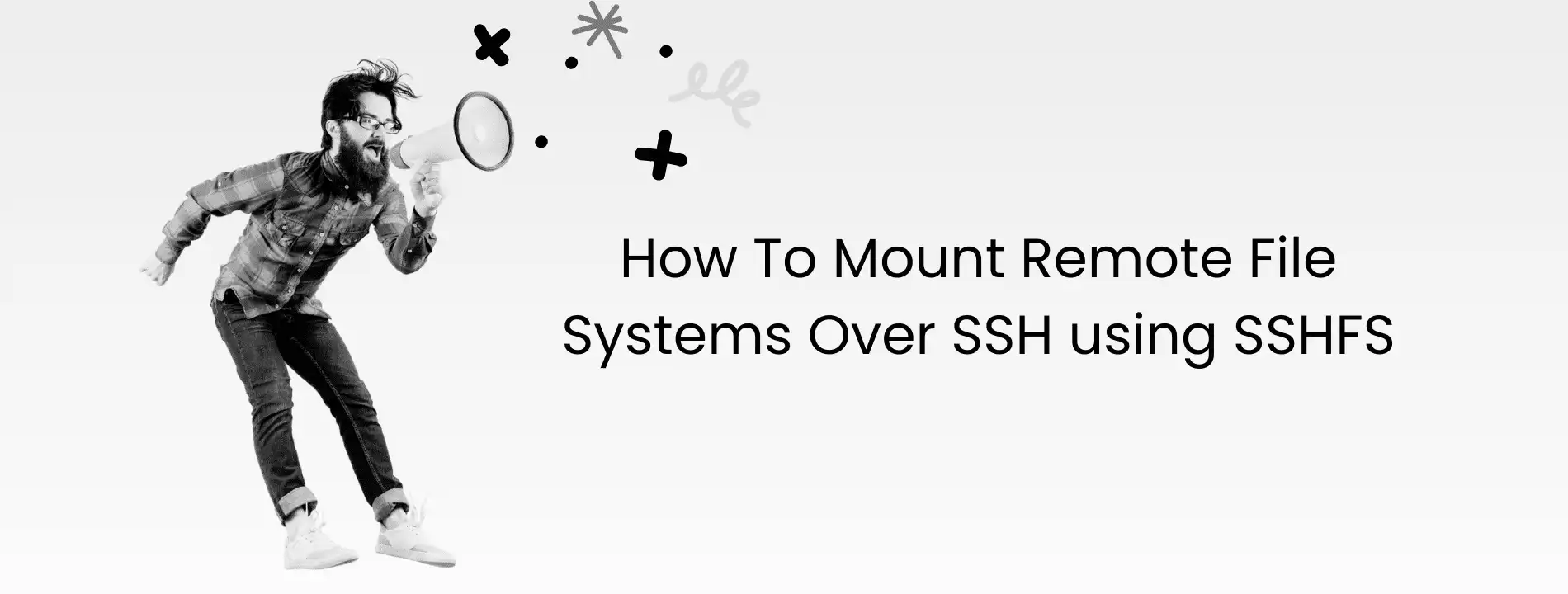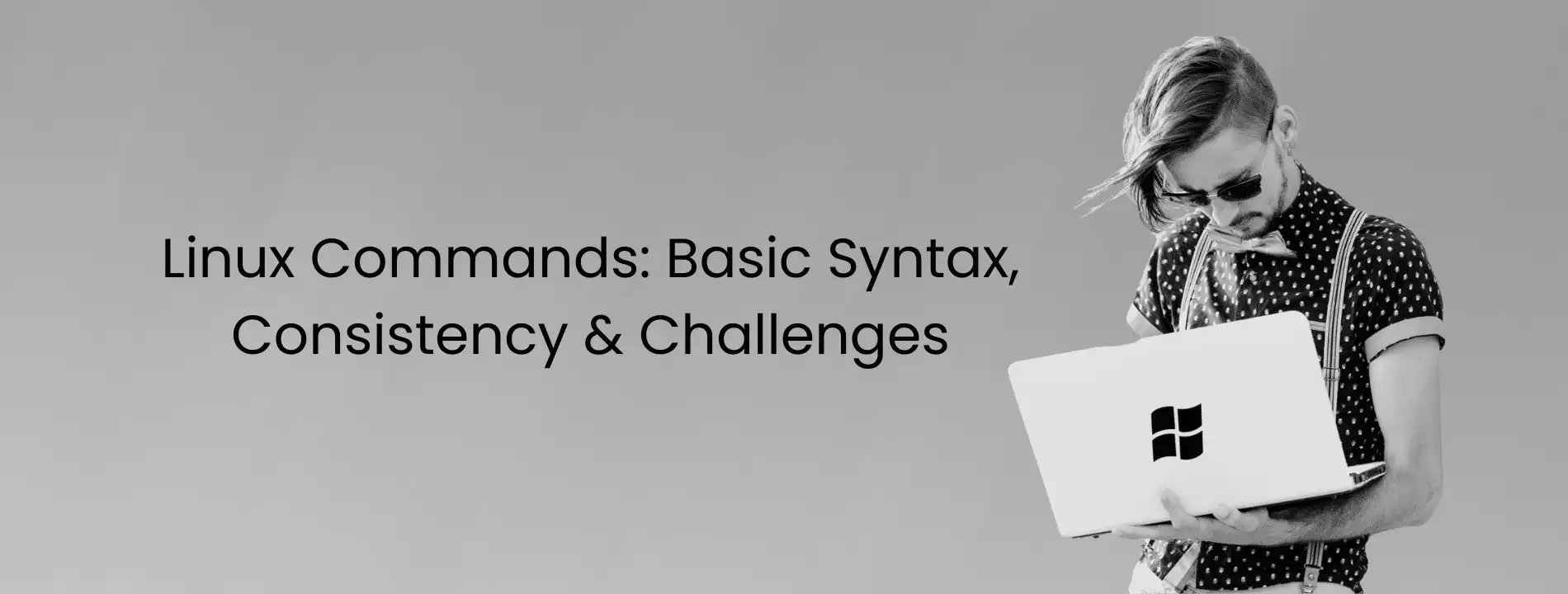Who is this for?
If you’re launching a web app, managing multiple client projects, or scaling an online business, selecting the right virtual server can save you time, stress, and significant performance issues.
This guide is for:
- Developers building on scalable stacks
- E-commerce site owners needing high availability
- Hosting resellers comparing infrastructure setups
- Technical teams migrating from shared or cloud hosting
Choosing the wrong server type can result in a wasted budget, unexpected downtime, or slow performance when traffic spikes. At a glance, VPS and VDS sound similar, but how they’re built, what they can handle, and how much control you get are vastly different.
In this guide, we’ll break down the actual differences between VPS and VDS hosting, so you can:
- Pick the right fit for your project (now and later)
- Avoid outgrowing your infrastructure too soon
- Understand what you’re actually paying for
Why choice matters
Choosing between a VPS and a VDS isn’t just semantics; it decides how isolated your workloads are, how predictable your performance is, and how much you’ll pay over the next 12 months. Think of it as the difference between owning an apartment (VPS) and owning the whole building (VDS).
The Key Differences Between VPS and VDS
| Feature | VPS (Virtual Private Server) | VDS (Virtual Dedicated Server) |
|---|---|---|
| Resource Allocation | Shared physical server (virtual slice) | Fully isolated virtual server |
| Performance | Mid-tier performance | High-performance compute |
| Scalability | Scales easily with demand | Scales with full control |
| Customisation | Root access, OS-level packages | Kernel modules, custom OS builds |
| Security | Isolated user space | Complete isolation at OS level |
| Cost | Starting from $5.50/month | Starting from $47/month |
| Isolation | Process-level virtual isolation | OS-level full isolation |
| Recommended For | Dev/test environments, smaller websites | Resource-heavy apps, database servers |
| Examples of Use | Hosting multiple sites, staging environments | Private clouds, custom app stacks |
| Final Recommendation | Ideal for lean, flexible projects | Better for growing apps that need consistency |
What is a VPS?
A VPS is a virtual environment hosted on a physical server. You get your own slice of the system’s resources (CPU, RAM, storage), but you’re still sharing the physical machine with other users.
When to choose a VPS:
- You’re hosting a small-to-medium website or web app
- You need root access and more freedom than shared hosting
- You want an affordable, scalable solution to start with
What is a VDS?
A VDS goes further than a VPS. Instead of sharing the same operating system or virtualized kernel, you get a fully isolated server instance. Virtually equivalent to having your own dedicated physical server.
When to choose a VDS:
- You run high-load applications or enterprise services
- You need custom kernel modules or OS-level tuning
- You want max performance without the cost of bare-metal
Use Case Scenarios: VPS vs VDS in Action
Scenario: Launching a Startup SaaS Platform
Your Needs:
• Rapid deployment
• Modest but scalable performance
• Budget-conscious hosting
Recommended Solution:
VPS Hosting – Ideal for fast deployment with full root access and growth flexibility
Scenario: Migrating a High-Traffic WordPress Site
Your Needs:
• High uptime during traffic spikes
• Full control of environment
• Enhanced performance
Recommended Solution:
VDS Hosting – Dedicated virtual hardware ensures isolation and consistent speed
Scenario: Hosting Multiple Client Websites
Your Needs:
• Manageable cost
• Simple resource allocation
• Access to server-level customisation
Recommended Solution:
VPS Hosting – A flexible and cost-effective solution for multi-site management
Scenario: Running Enterprise-Level Databases
Your Needs:
• High IOPS and RAM
• Full root and kernel control
• Guaranteed performance
Recommended Solution:
VDS Hosting – Optimised for heavy workloads and mission-critical data environments
VPS vs VDS: Which One Should You Choose?
Choose a VPS if:
- You’re launching a project and need fast, cost-effective deployment
- Your workloads are predictable and moderate in resource demand
- You want more control than shared hosting, without the complexity of dedicated infrastructure
Choose a VDS if:
- You’re running performance-sensitive applications (e.g. databases, e-commerce, SaaS)
- You require full system control — including kernel-level customisation and dedicated virtual resources
- Your traffic fluctuates or spikes, and uptime is mission-critical
Is VDS faster than VPS?
Yes, because VDS provides dedicated CPU and RAM, it avoids the “noisy neighbor” problem common in shared VPS environments.
Can I upgrade from VPS to VDS later?
Absolutely. Virtarix makes scaling easy.
Will my application run better on a VDS than a VPS?
If your application is resource-intensive (like running databases, game servers, or high-traffic sites) then yes, a VDS will deliver more consistent performance. With guaranteed, isolated resources, your app won’t be affected by other users’ activity on the same server, which can sometimes impact performance in a VPS environment.









